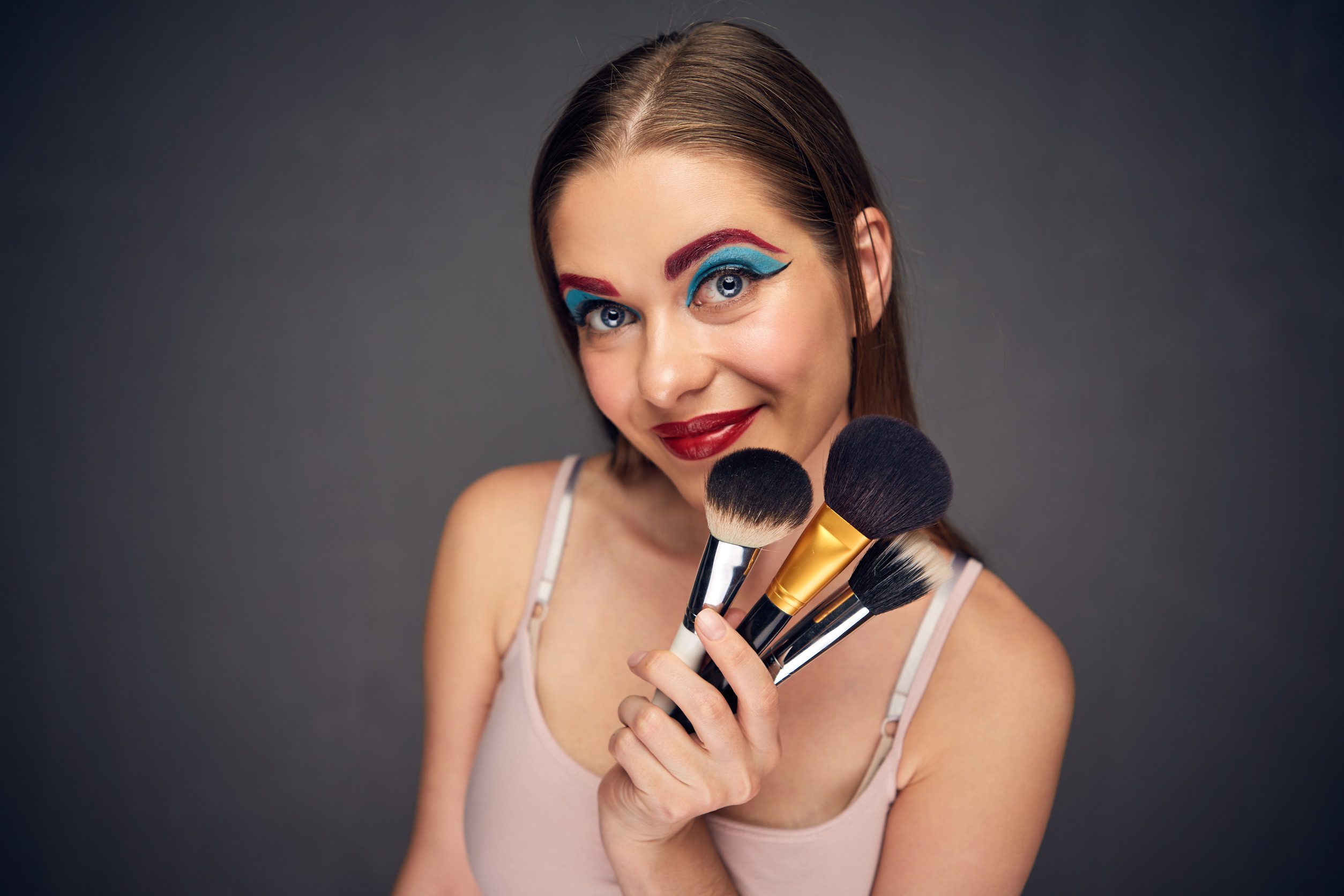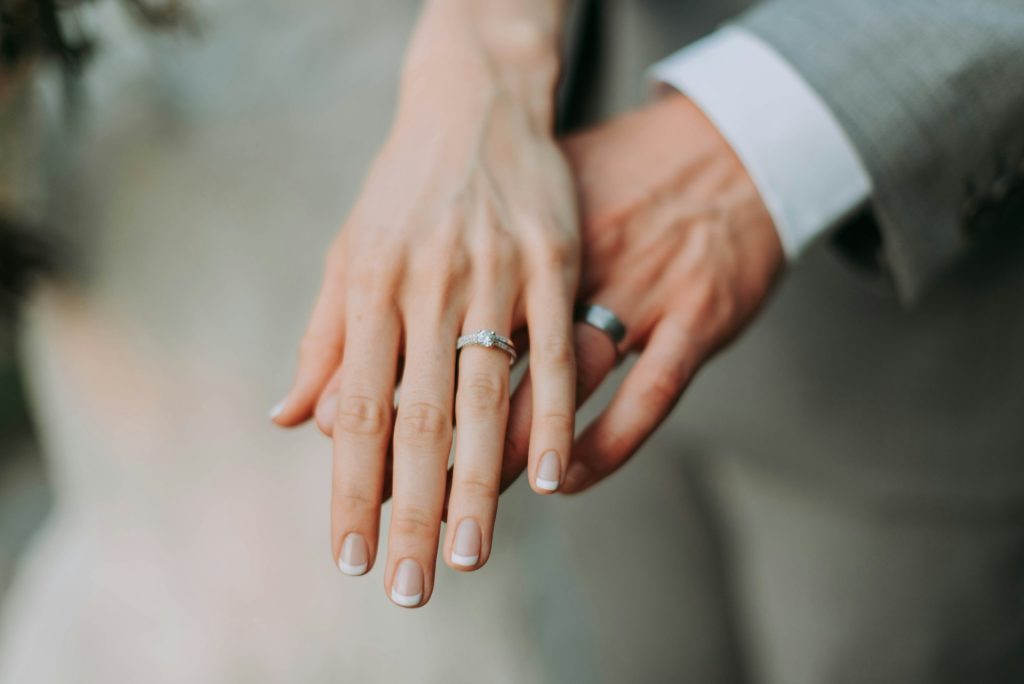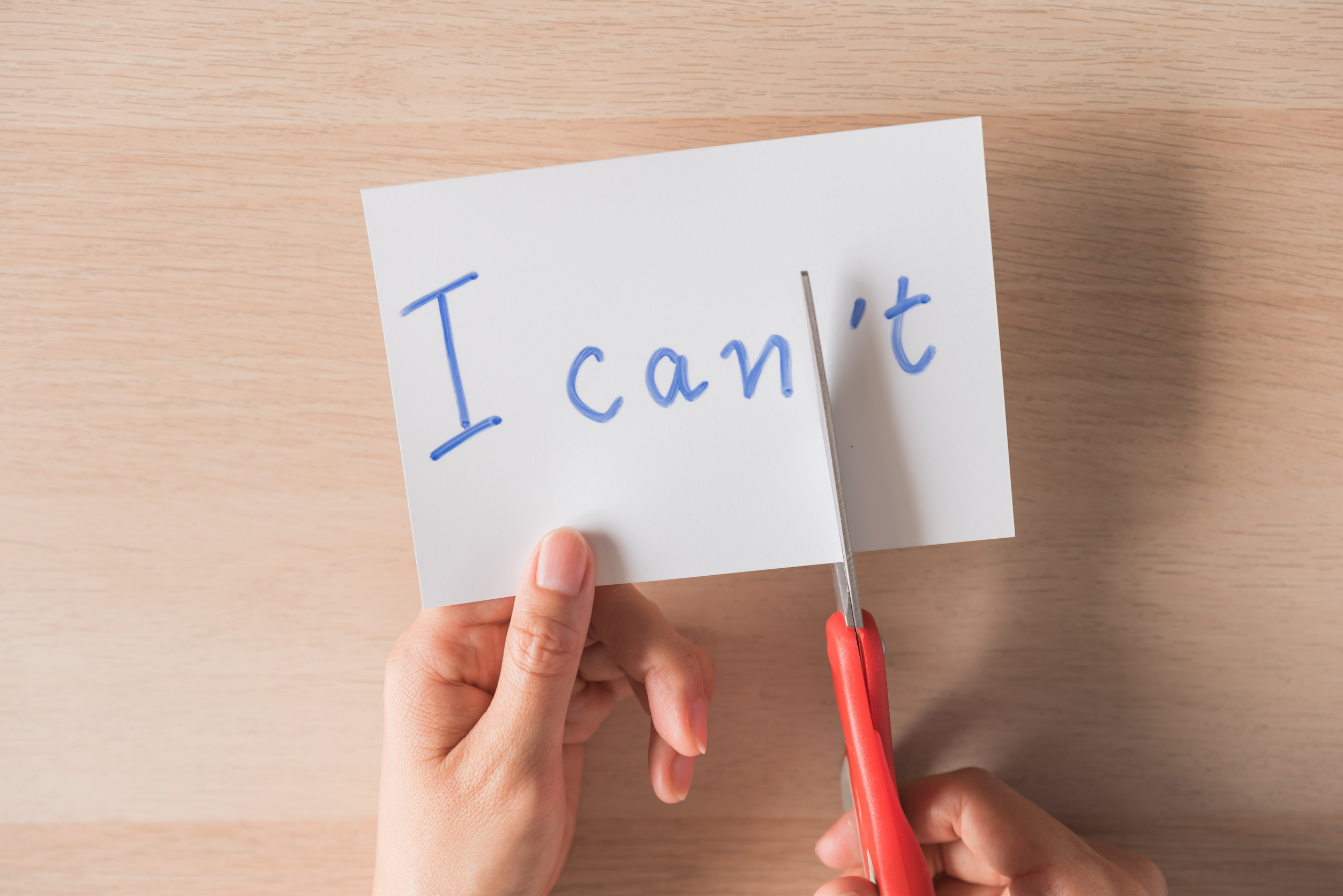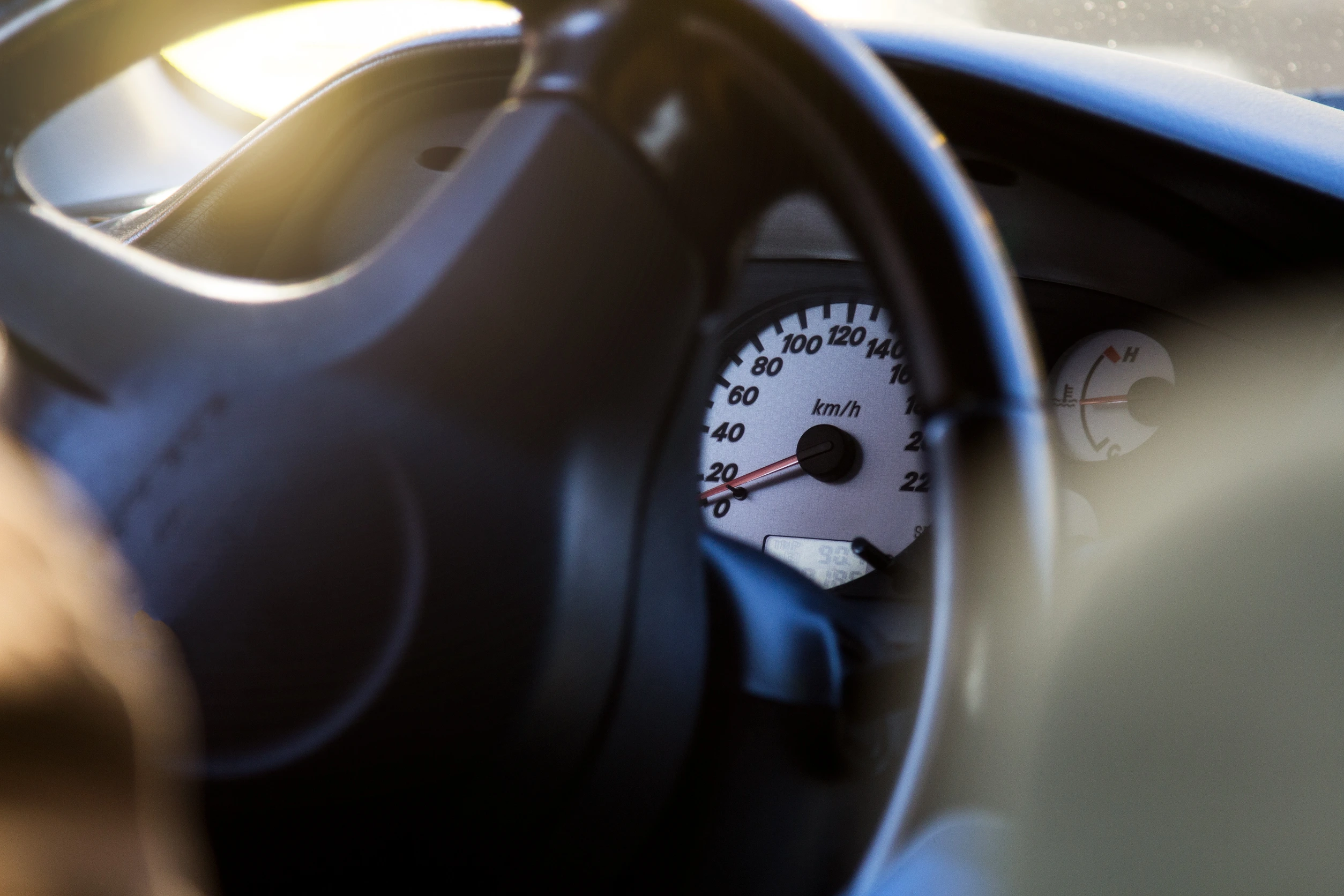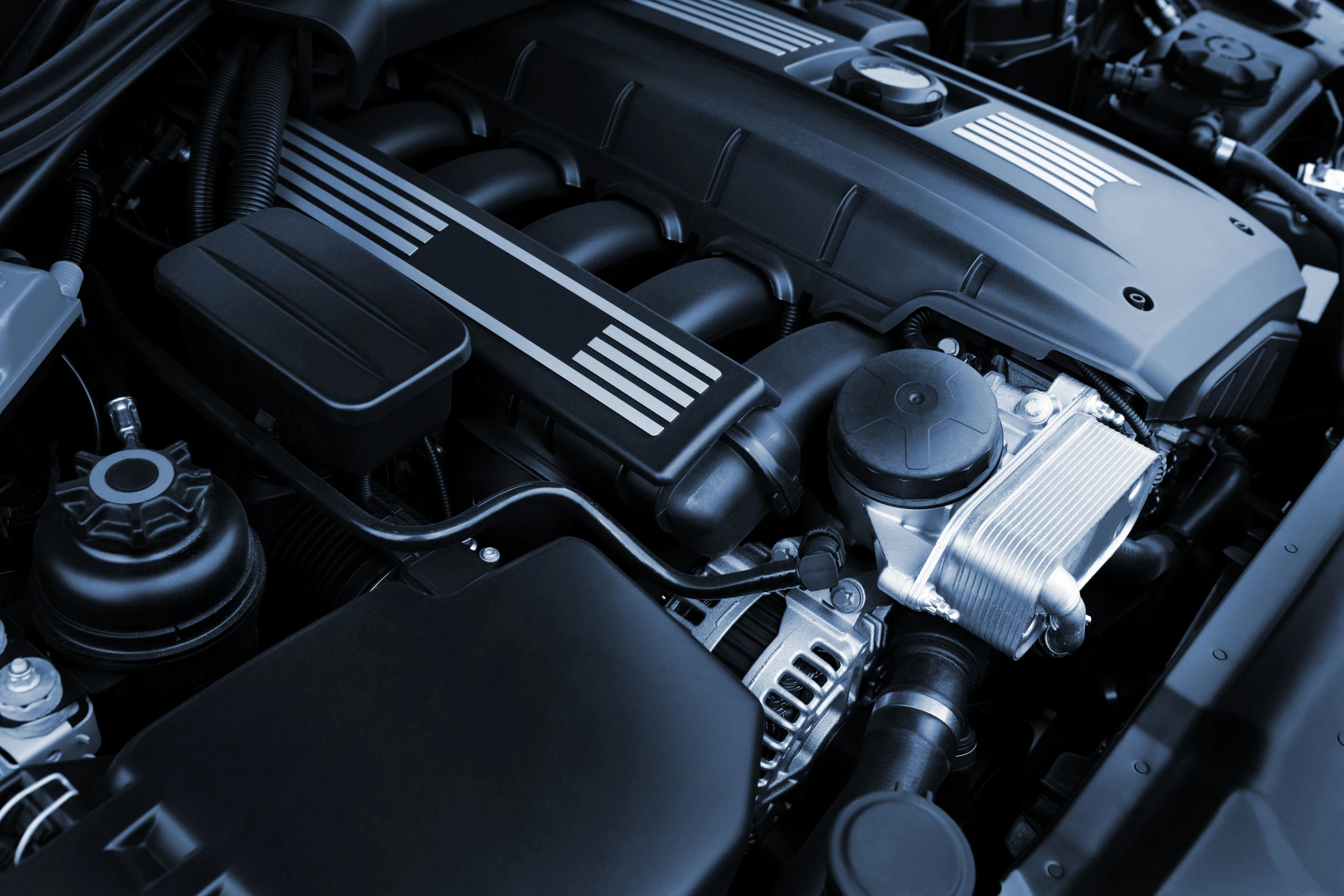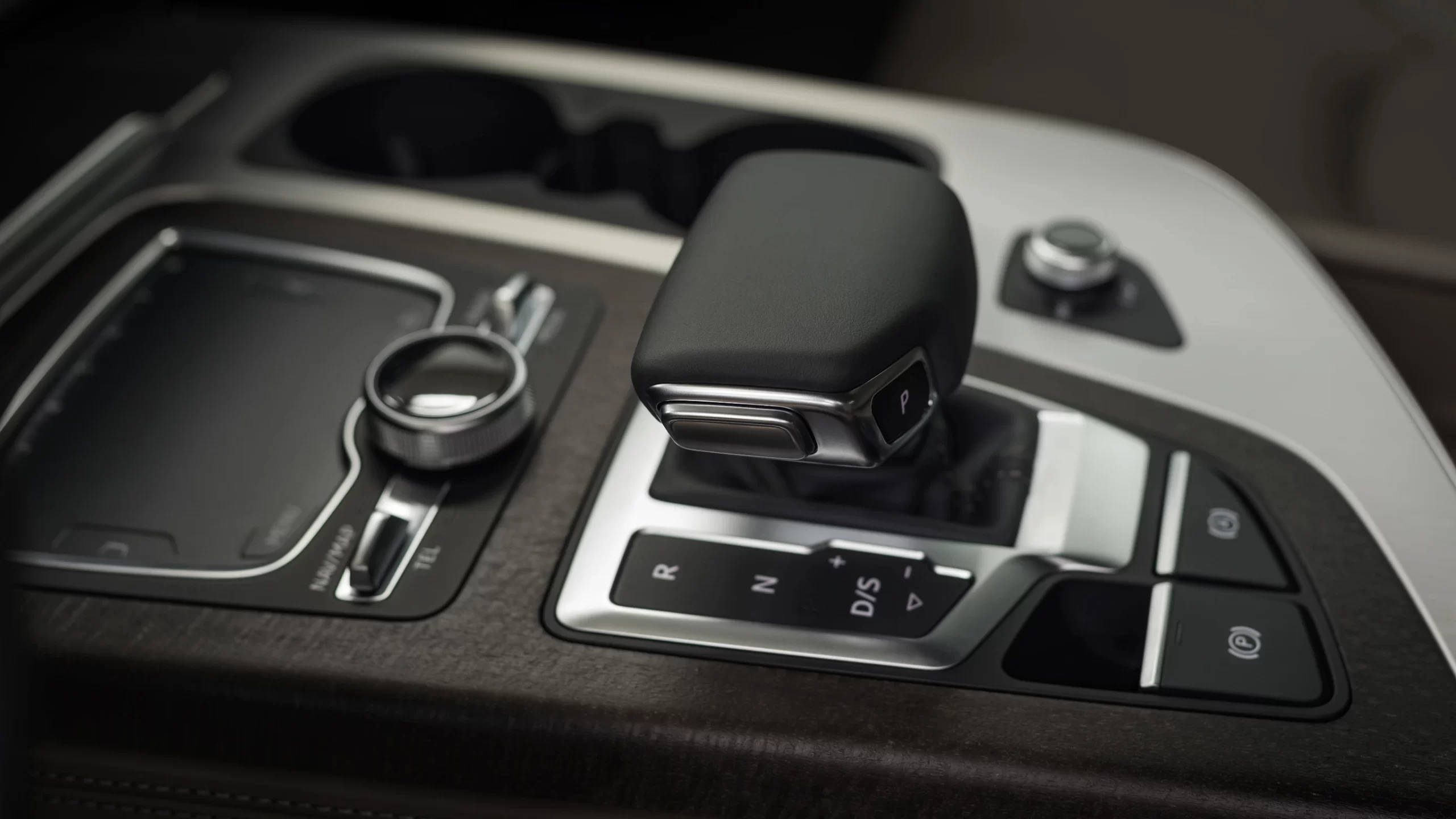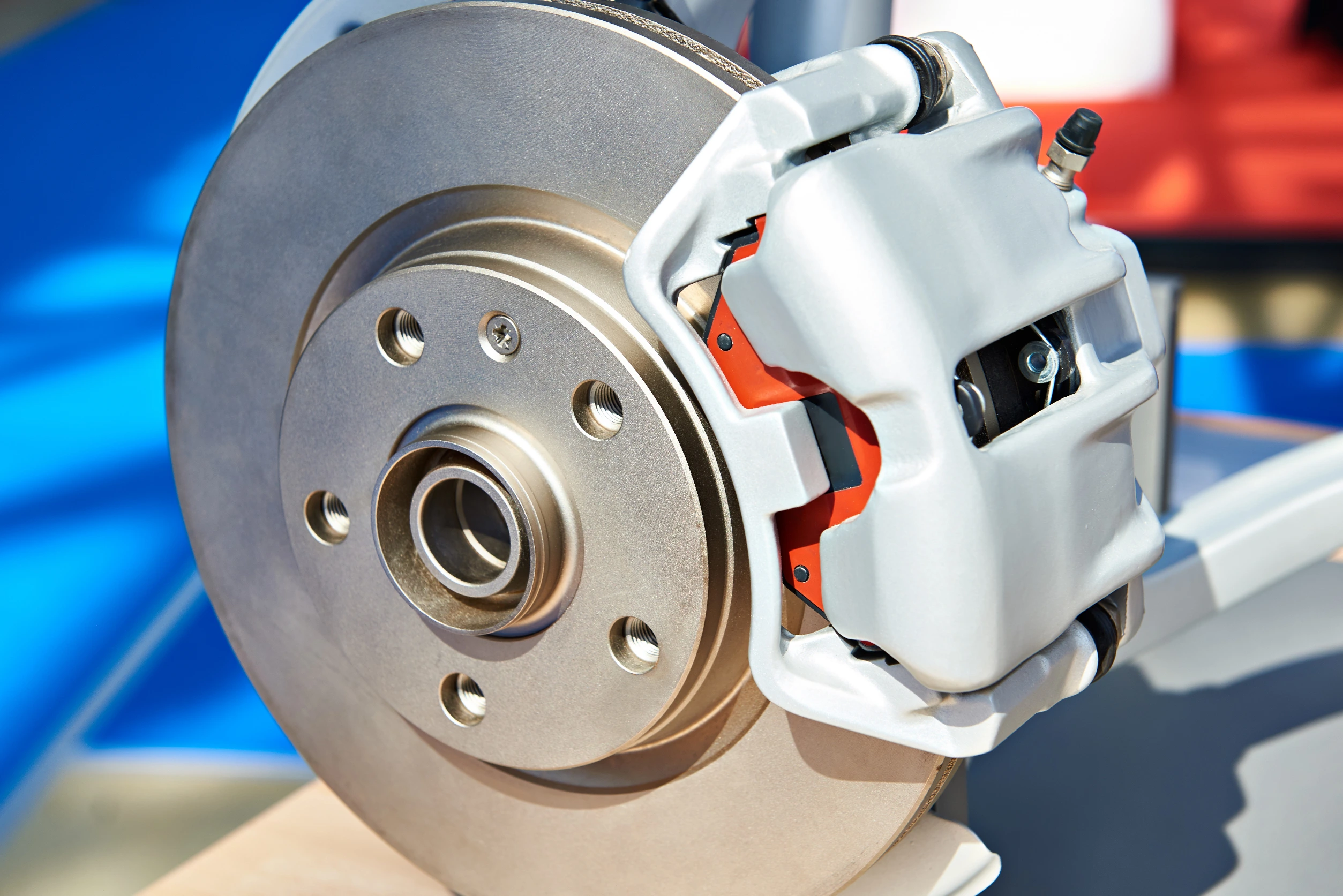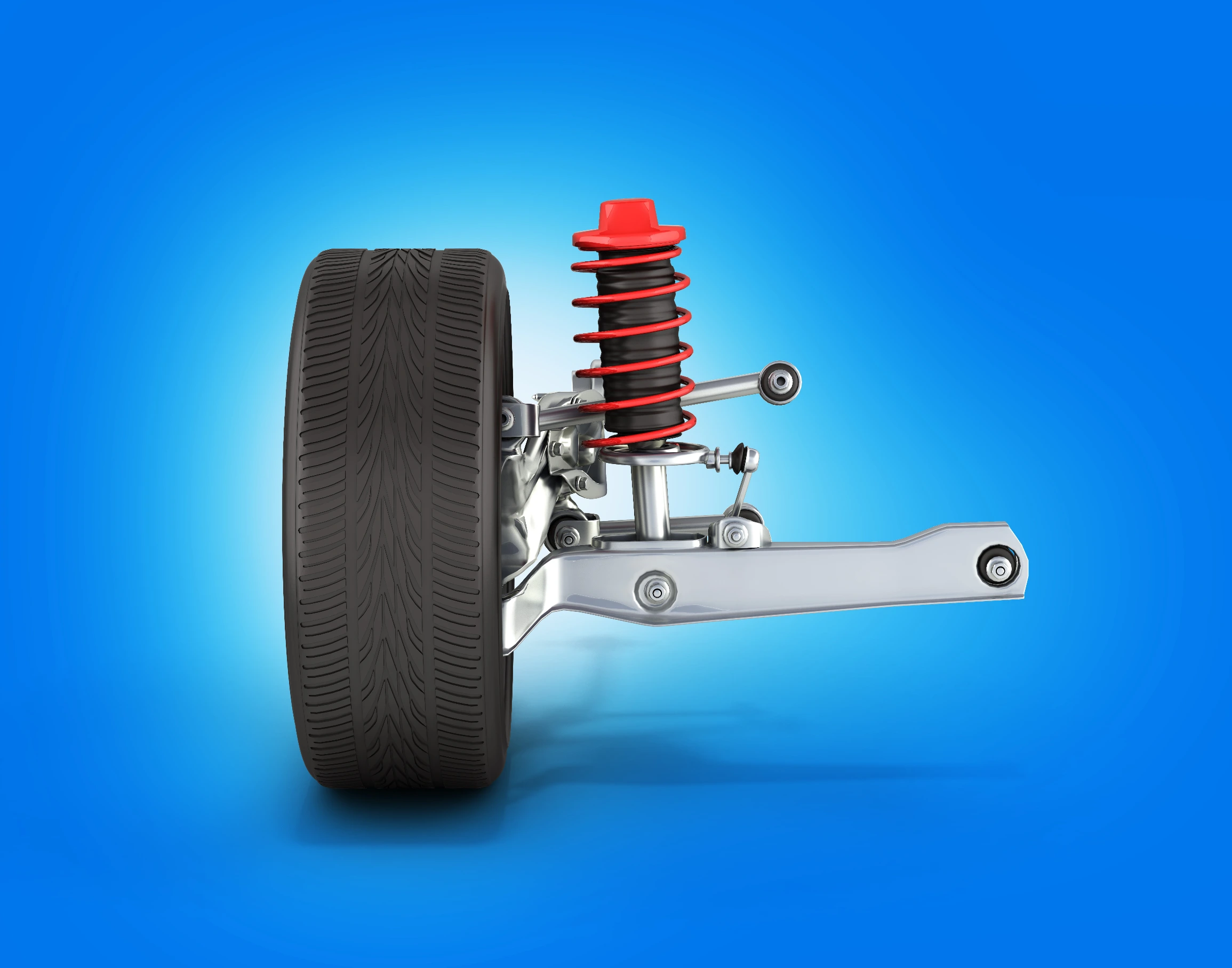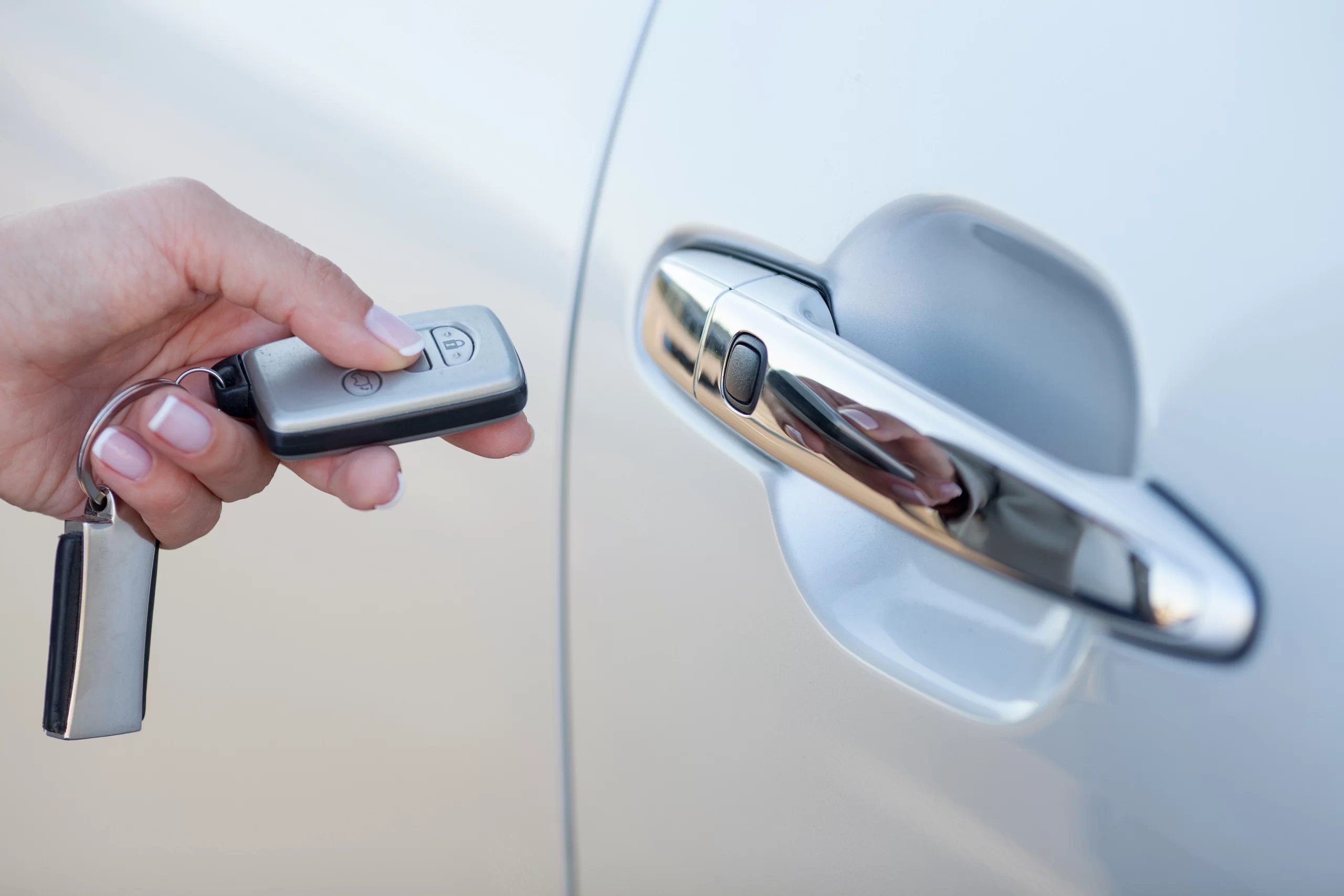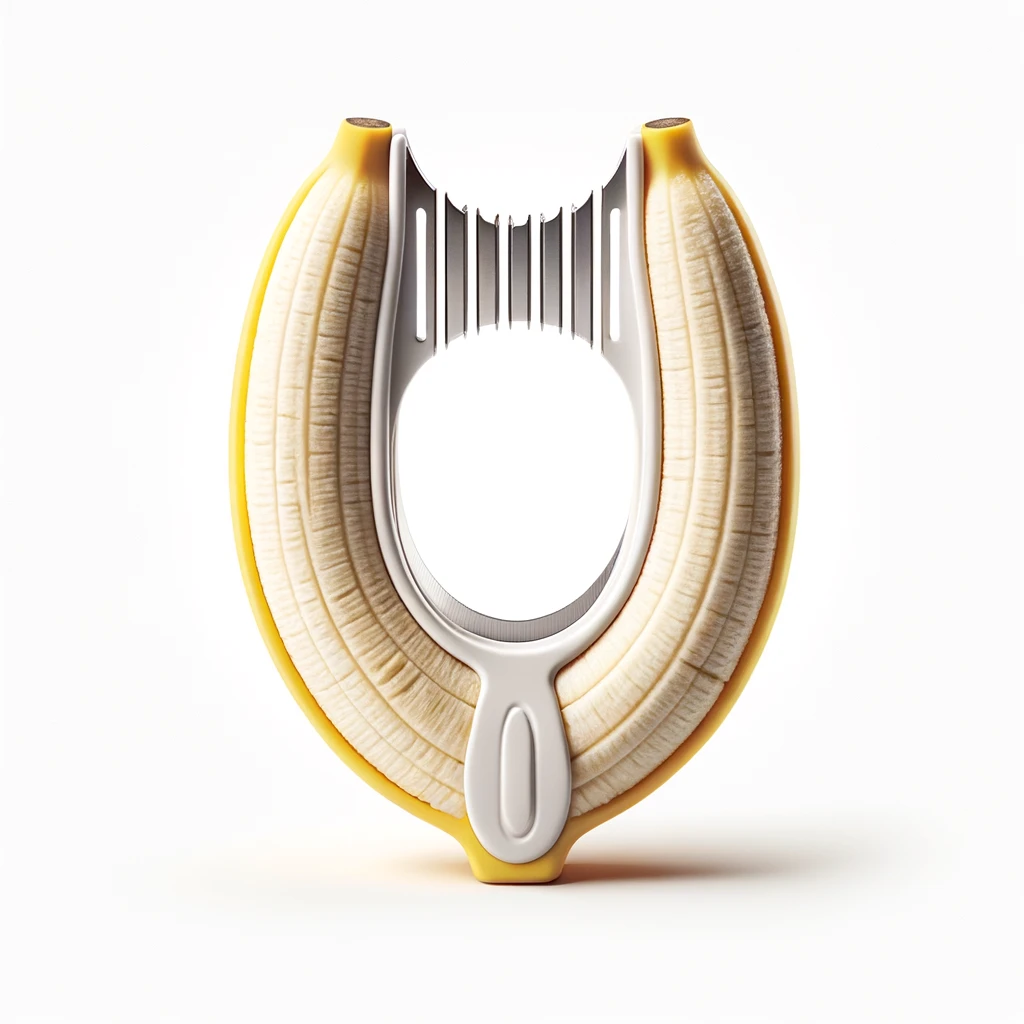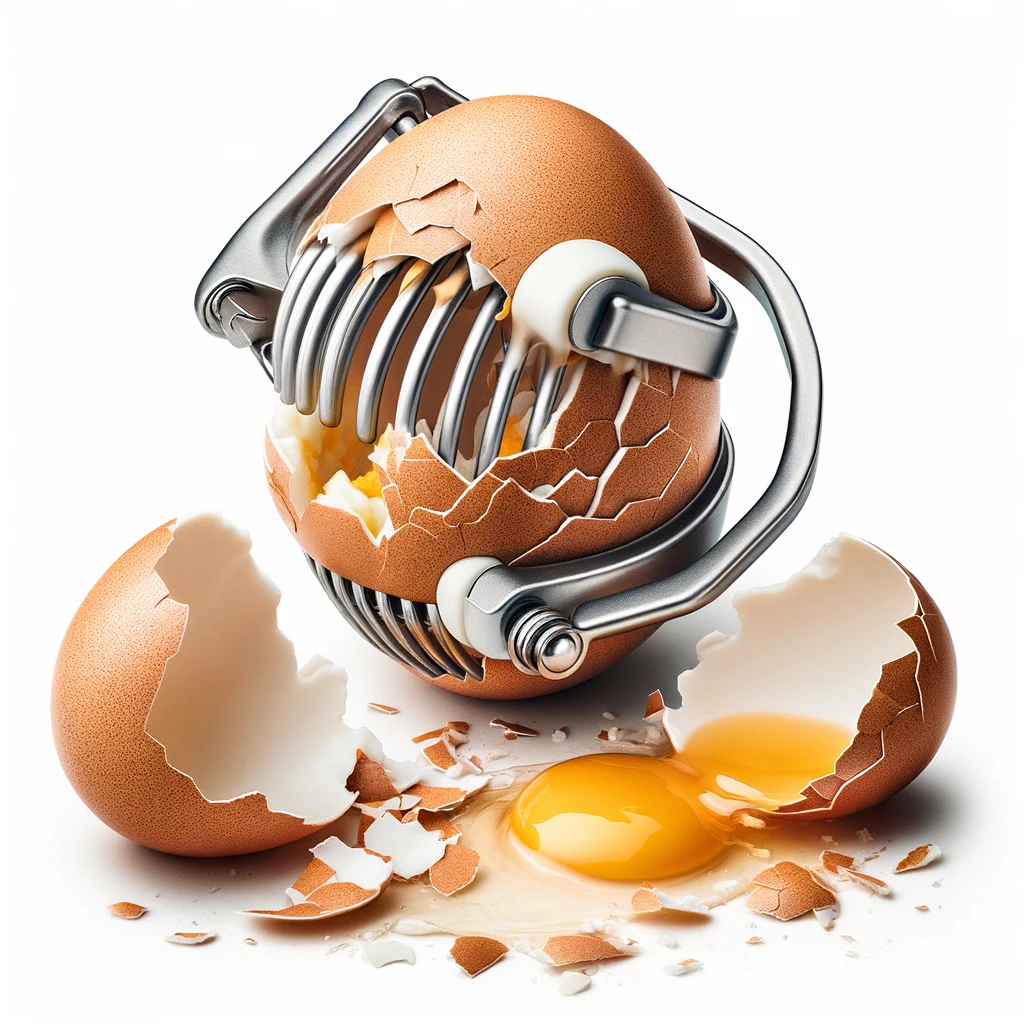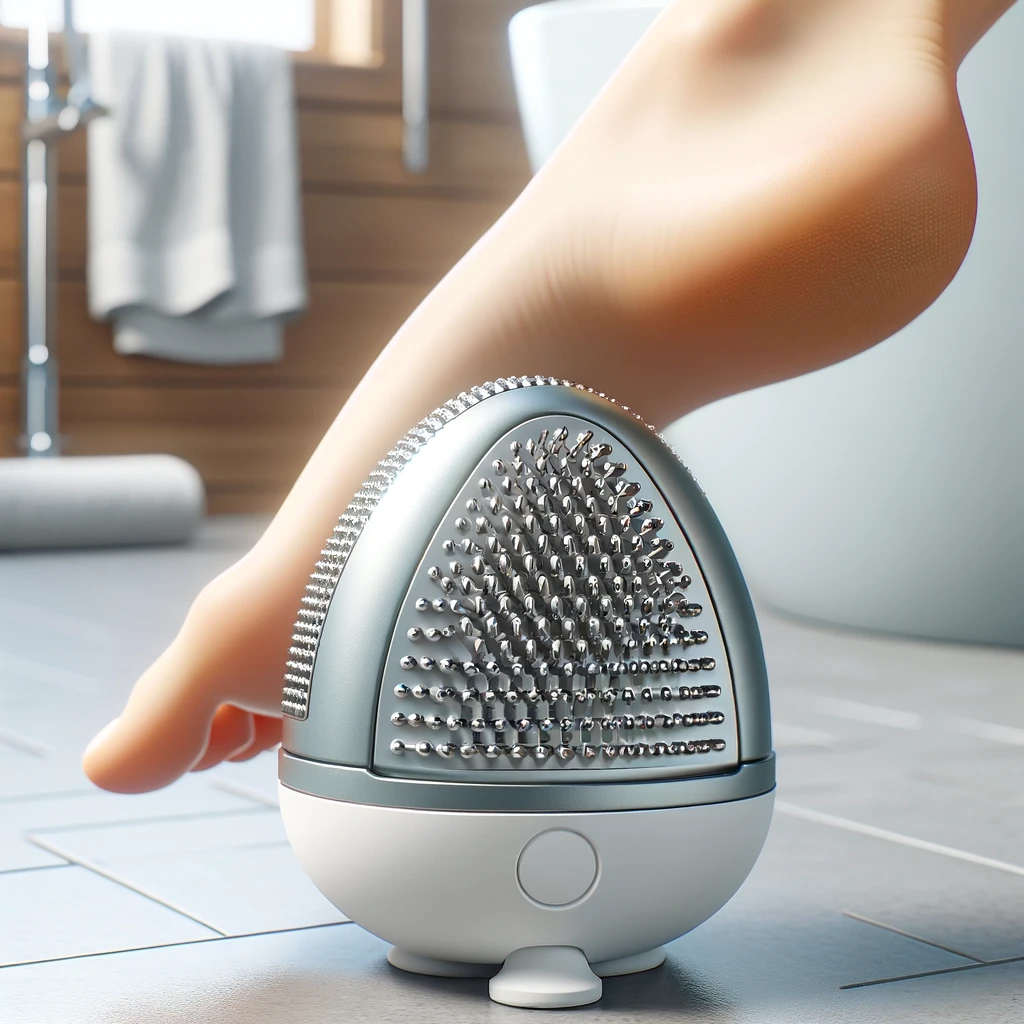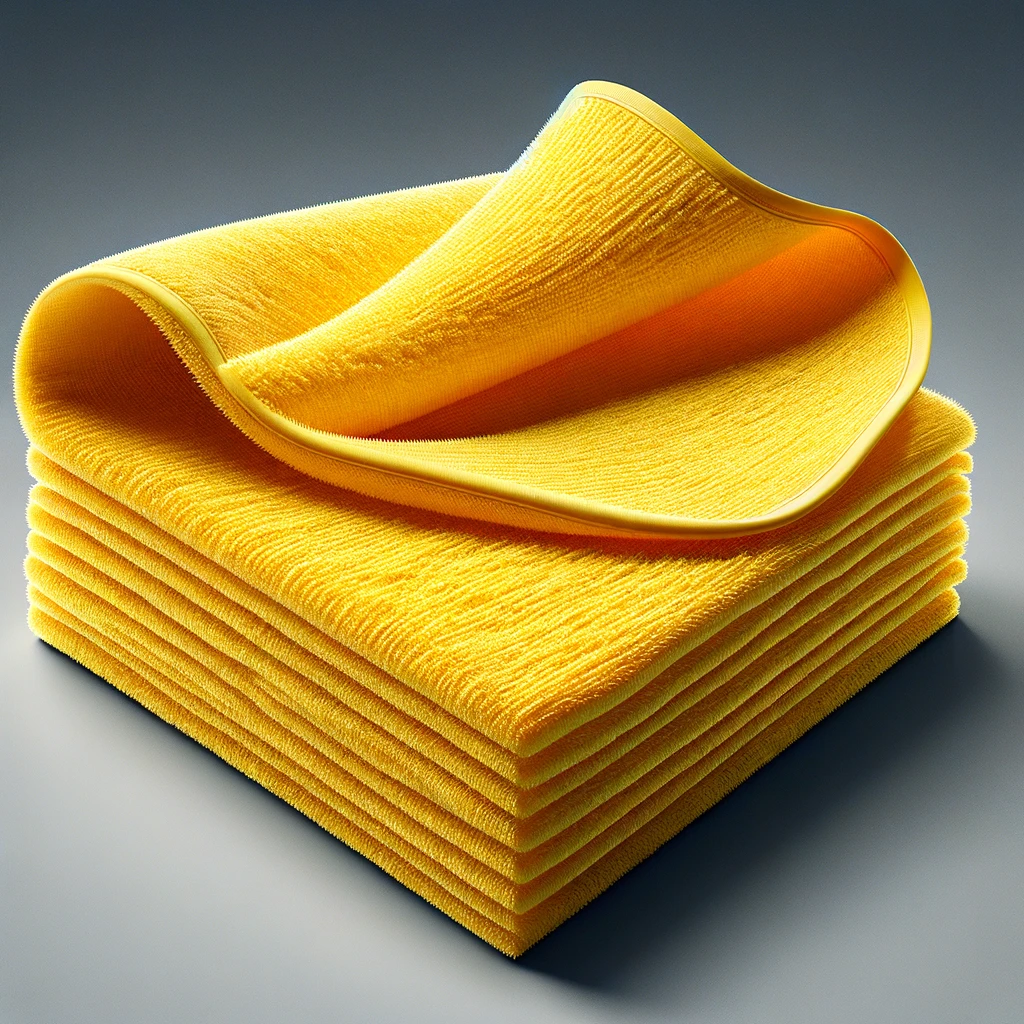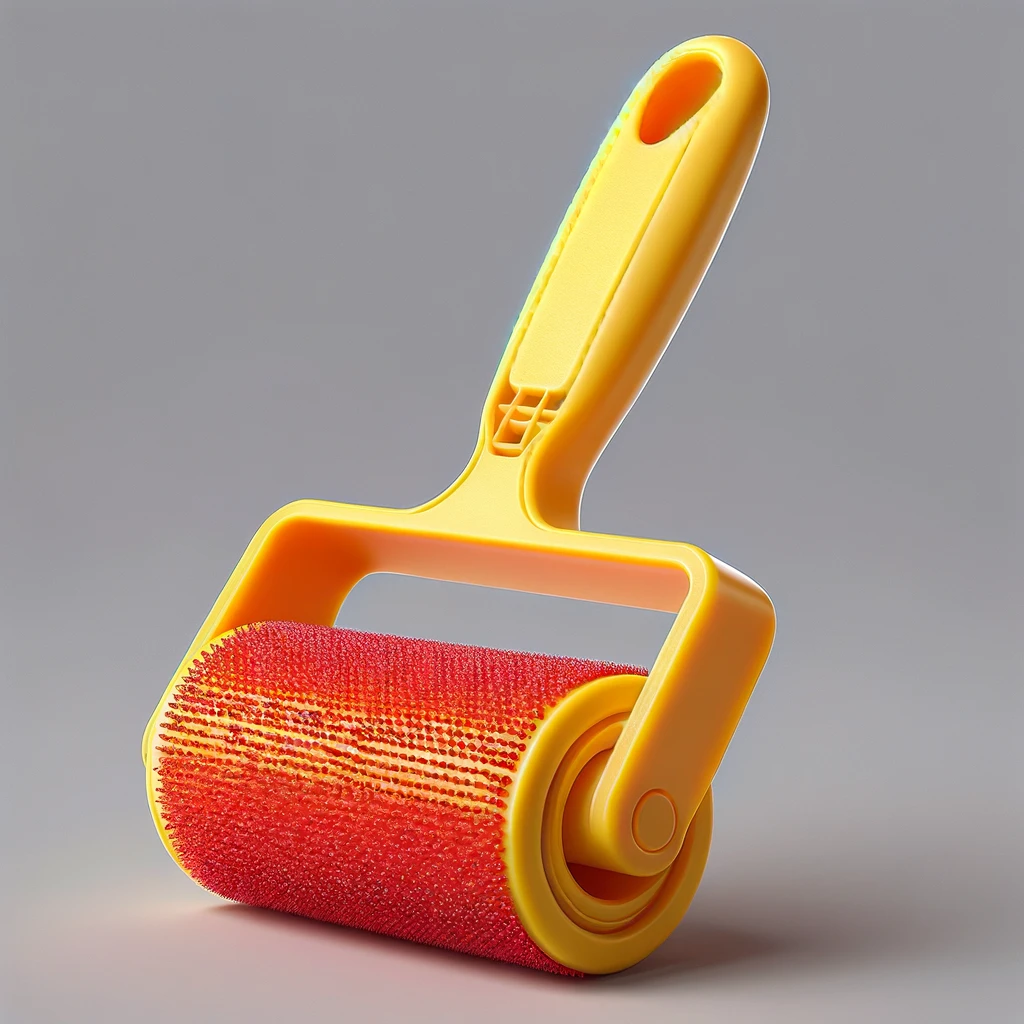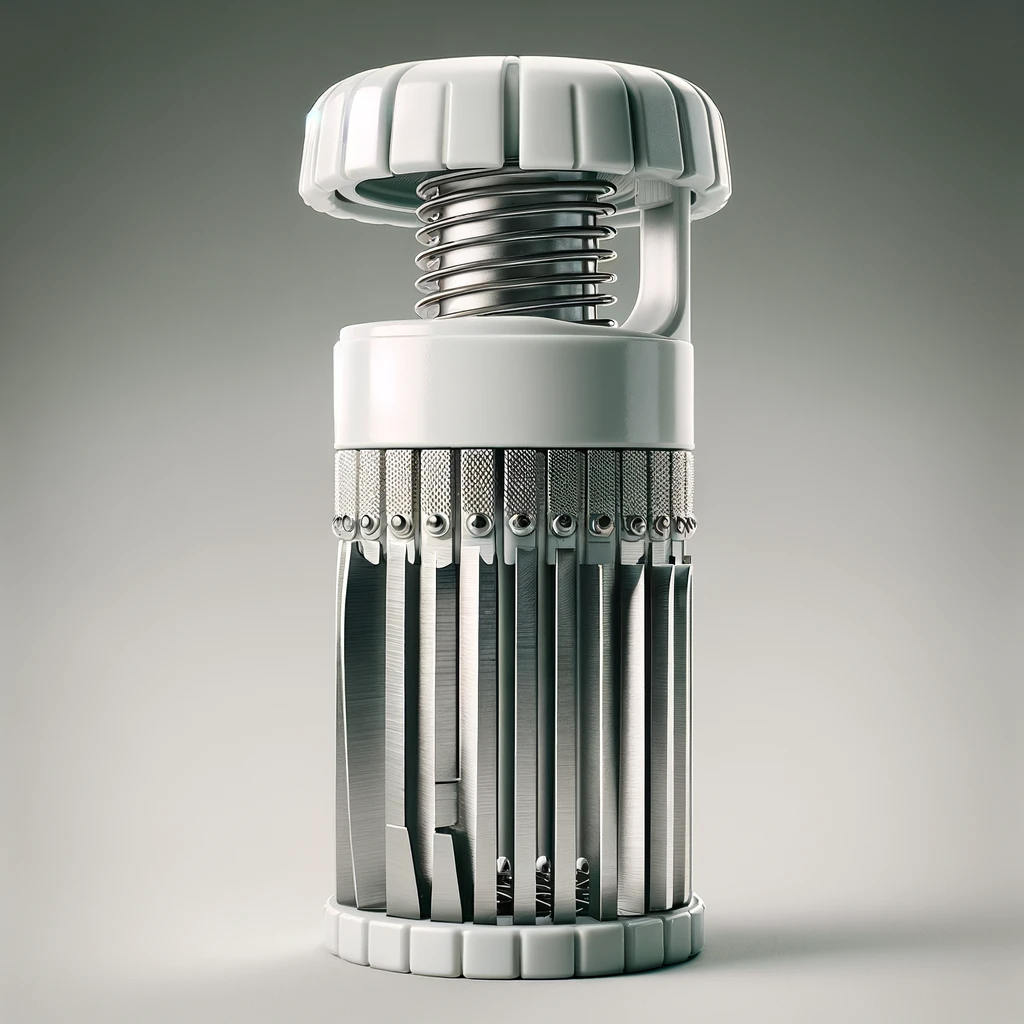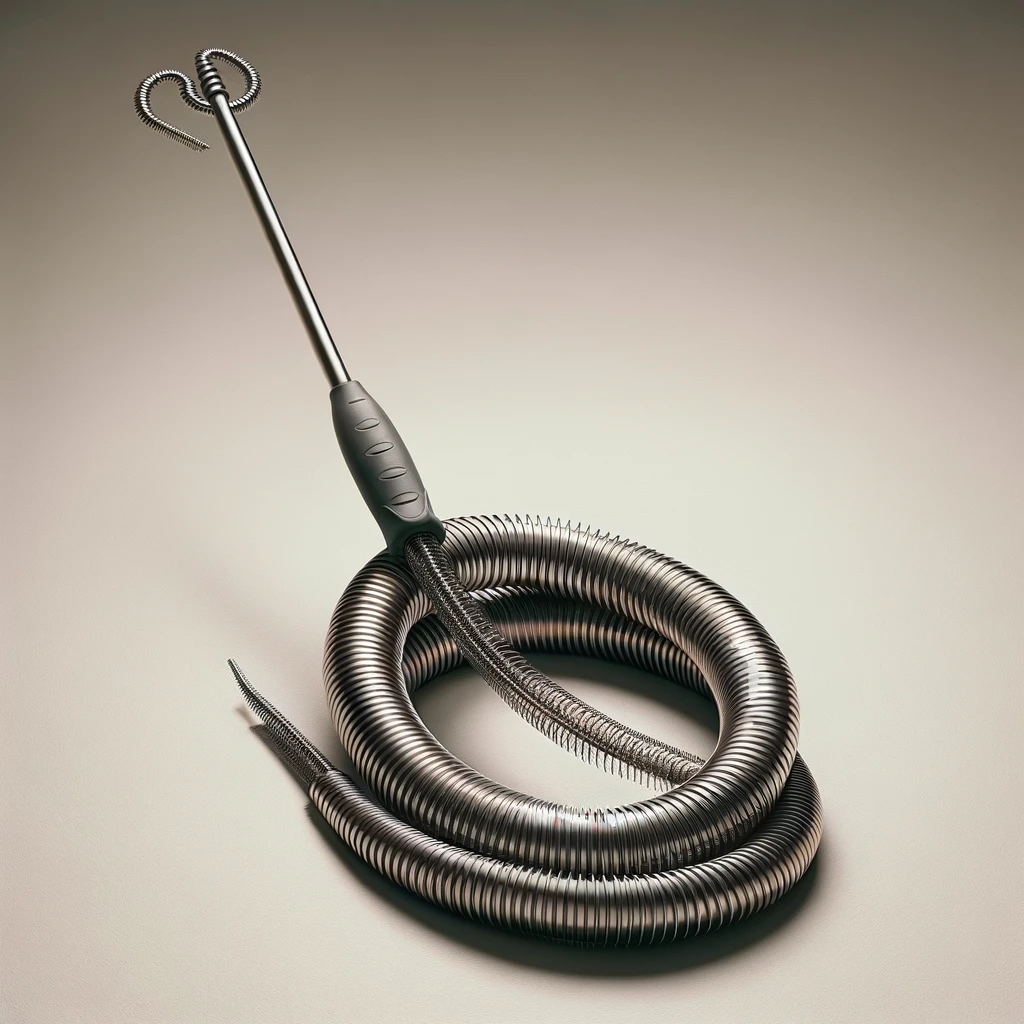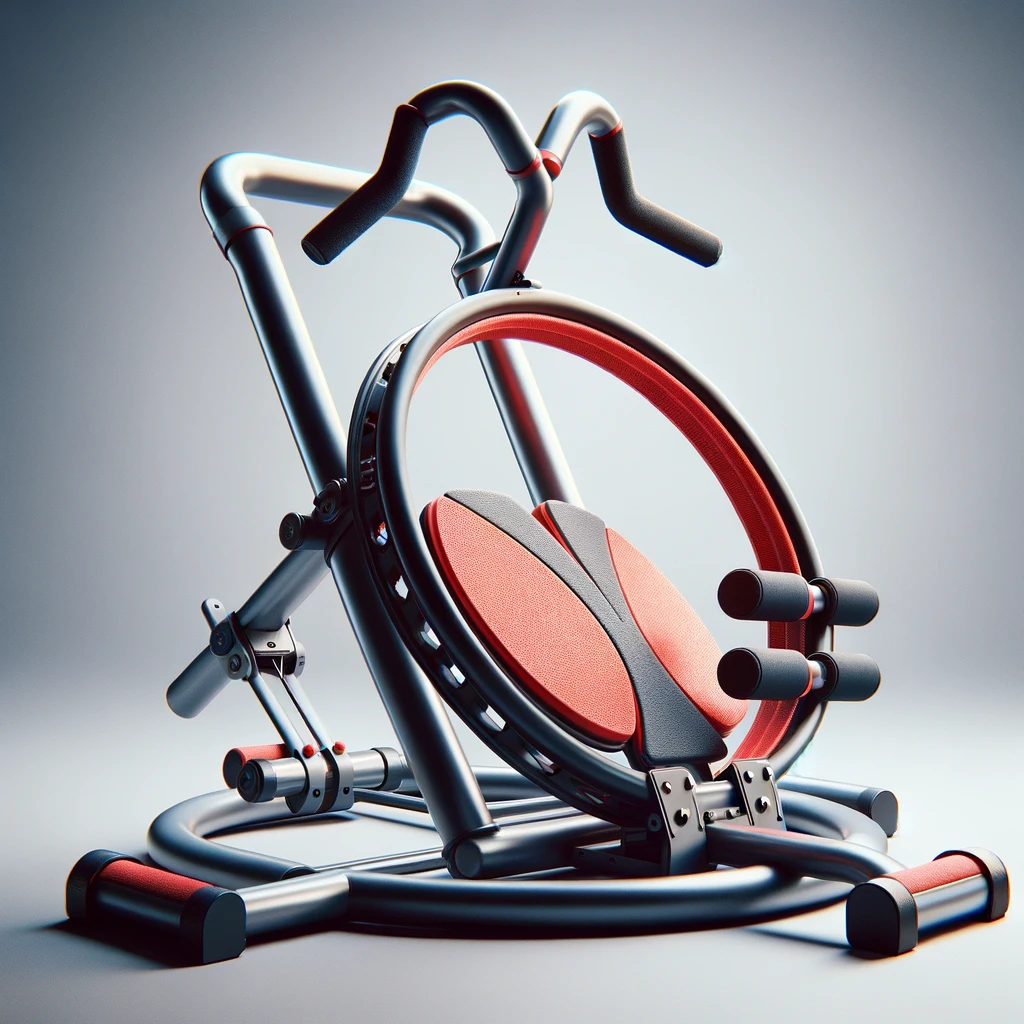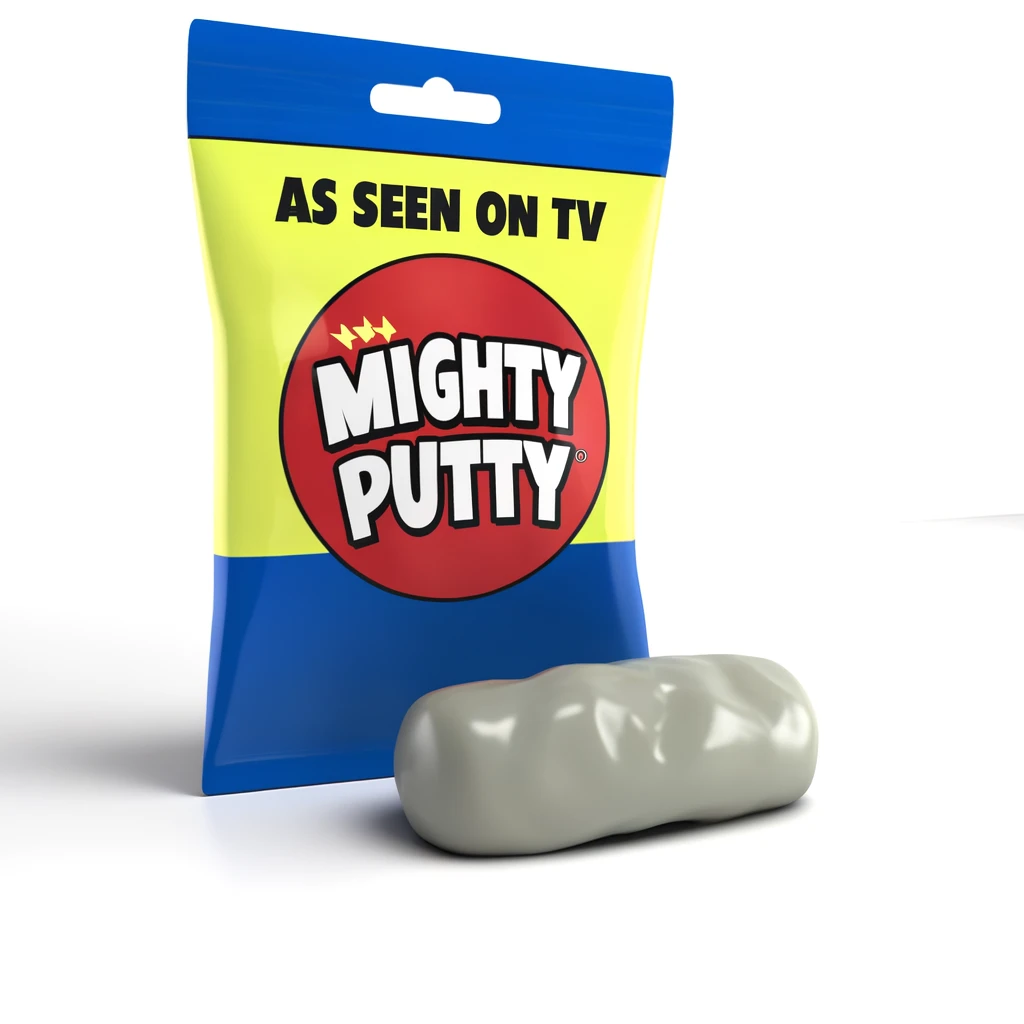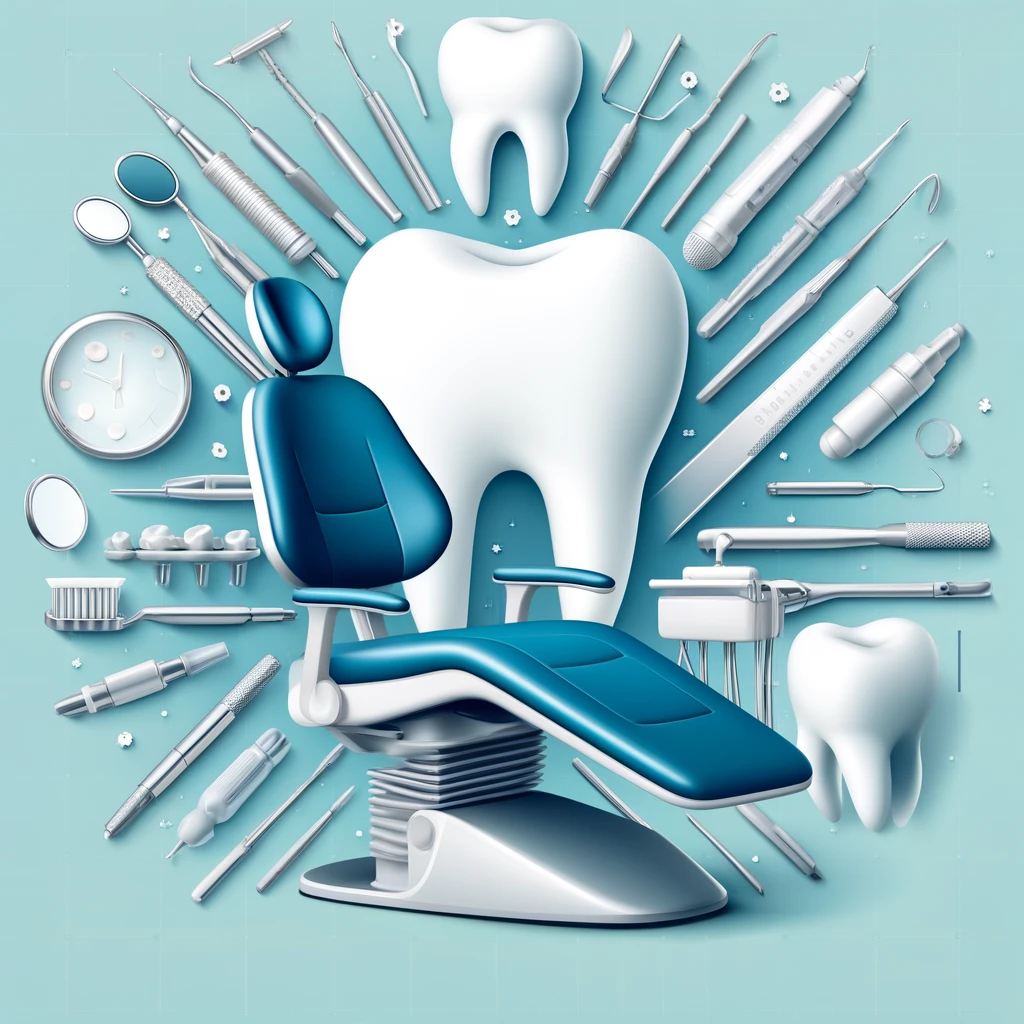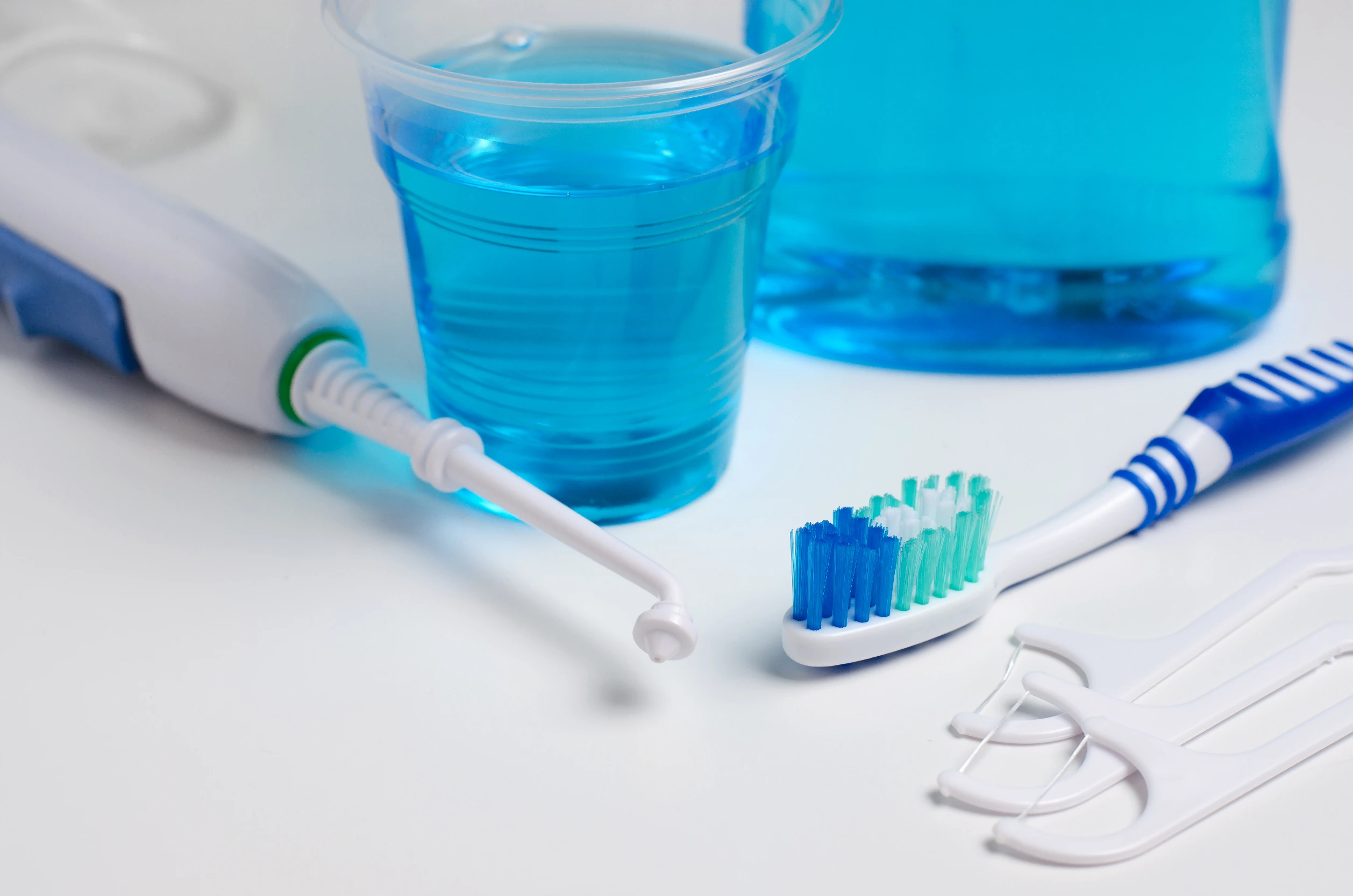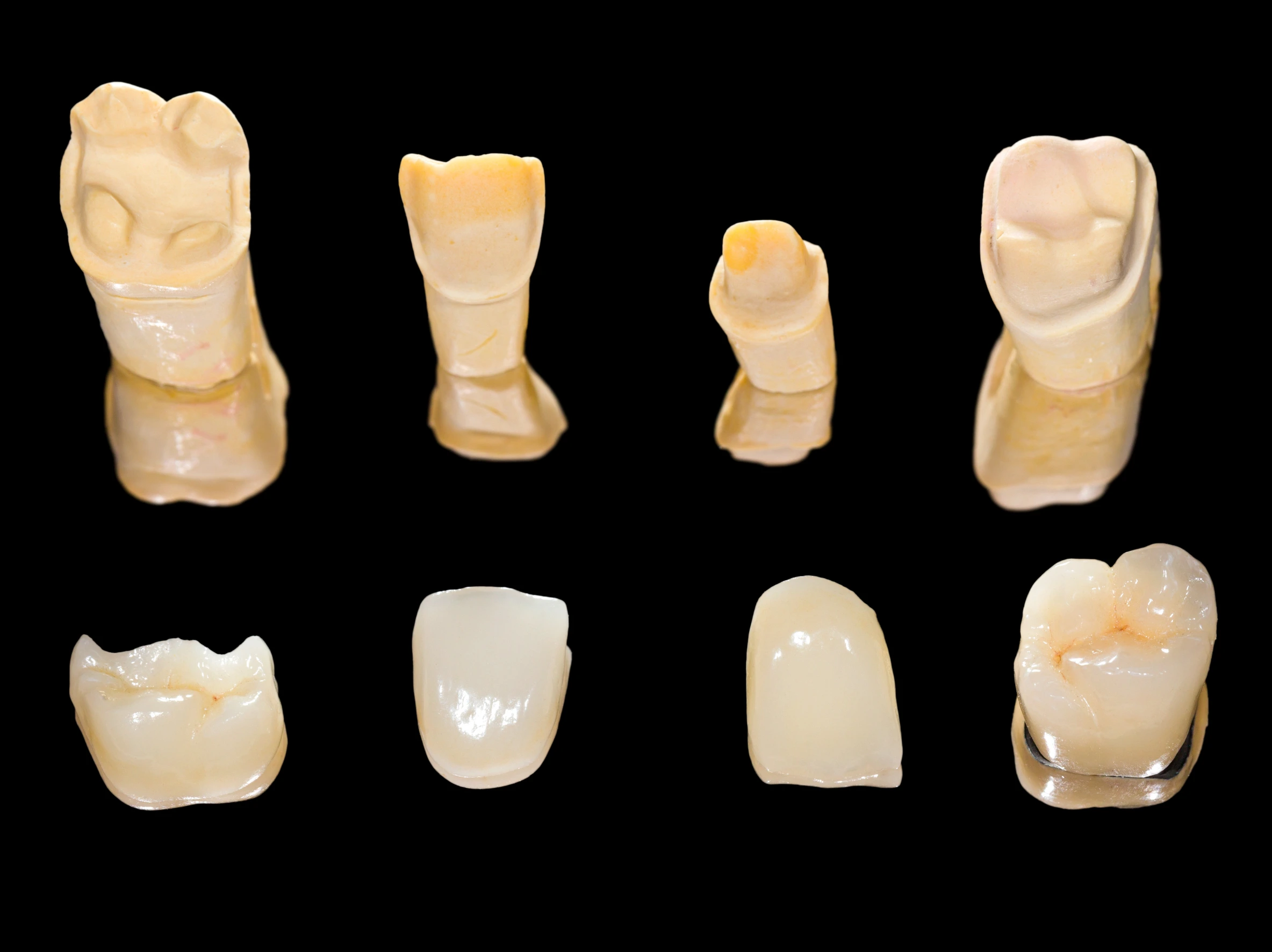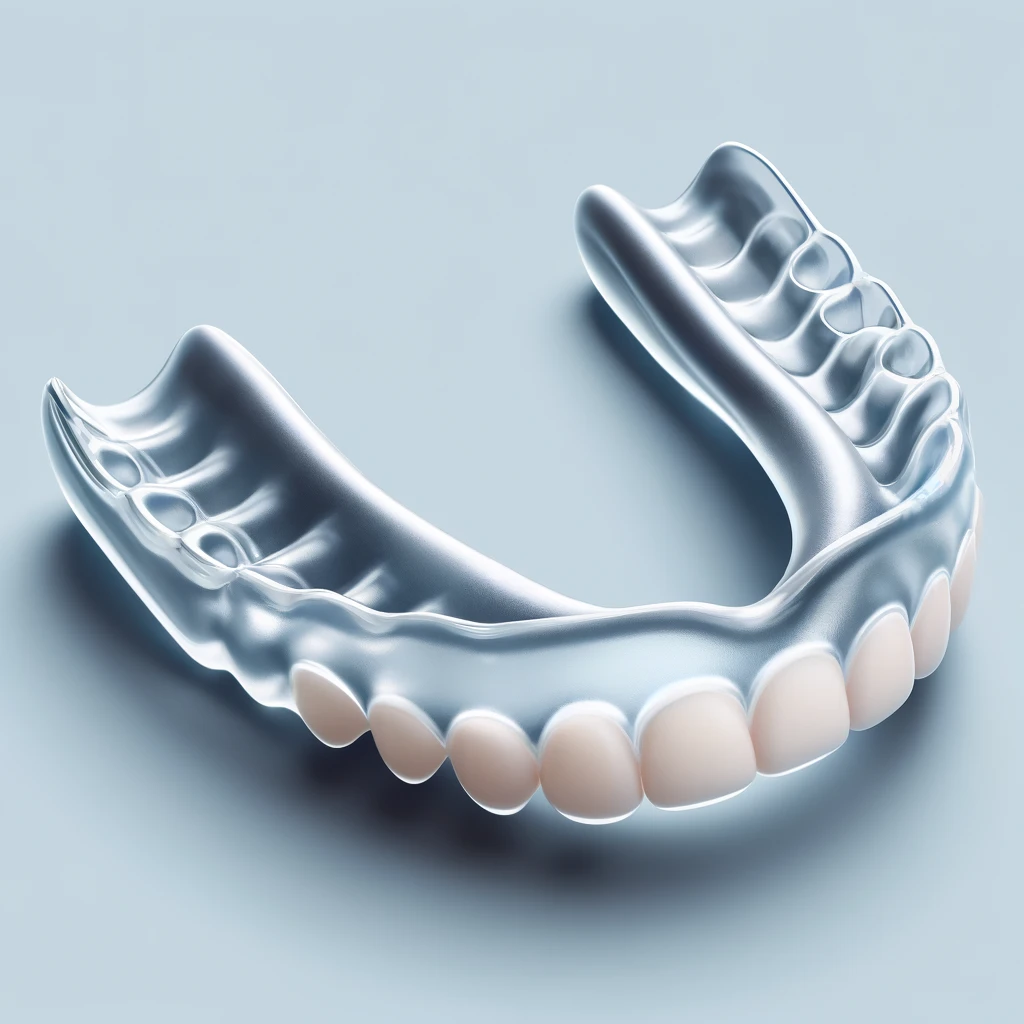
Image Source: 123rf.com
Many women pride themselves on being “low maintenance,” believing that certain habits help them seem effortless, easygoing, or unfussy. While simplicity can be refreshing, some of these habits do more harm than good—whether it’s neglecting self-care, tolerating discomfort, or avoiding necessary upkeep. In reality, ditching these habits can make life easier, healthier, and more enjoyable.
1. Skipping Basic Skincare
Avoiding skincare routines to seem laid-back often leads to dryness, breakouts, or uneven skin texture over time. While not everyone needs an elaborate regimen, skipping sunscreen, moisturizer, or cleansing can speed up premature aging and dullness. A simple, effective routine preserves skin health without being high maintenance. Investing in basic skincare can prevent future problems while keeping things effortless.
2. Avoiding Regular Haircuts
Some women believe that avoiding salon visits makes them low maintenance, but skipping trims leads to split ends, dryness, and an unmanageable look. Regular hair maintenance prevents excessive damage and keeps hair looking naturally healthy. Trimming hair at the right intervals maintains its shape without constant styling.
3. Wearing Cheap, Uncomfortable Shoes
Choosing poorly made, painful shoes to avoid seeming too fussy often backfires, causing foot pain, blisters, and posture problems. Wearing quality, supportive footwear doesn’t mean being high maintenance—it means valuing comfort and long-term health. Picking footwear that lasts saves money and discomfort in the long run.
4. Neglecting Grooming Essentials
Skipping deodorant, ignoring nails, or avoiding basic hygiene to appear effortless doesn’t actually make life easier. Small grooming habits improve comfort, confidence, and the way others perceive interactions. Taking care of hygiene basics keeps things simple without compromising freshness.
5. Overcommitting to Minimal Makeup
Avoiding all makeup to seem effortless is fine in theory, but sometimes a light touch enhances natural features rather than concealing them. Many low-maintenance women avoid tinted moisturizers, brow grooming, or lip balm, even when it could boost confidence and smooth their overall appearance. Balancing minimalism in makeup keeps things easy while making a difference.
6. Refusing to Upgrade Wardrobe Staples

Image Source: 123rf.com
Holding onto worn-out, stretched-out basics instead of replacing them may seem budget-friendly, but old clothing can lose shape, fit poorly, and affect confidence. Low-maintenance doesn’t mean ignoring quality—investing in durable, timeless pieces keeps outfits looking polished with minimal effort. Finding well-made wardrobe essentials ensures longevity without unnecessary spending.
7. Not Speaking Up About Comfort
Many women downplay discomfort—whether it’s enduring tight clothing, tolerating cold temperatures, or dismissing personal needs in social situations—just to seem easygoing. Staying silent about discomfort doesn’t make anyone truly low maintenance; it just makes experiences unnecessarily unpleasant. Learning to express preferences fosters confidence while keeping interactions genuine.
Ditching Unhelpful Habits Without Losing Effortlessness
Being low maintenance shouldn’t mean neglecting essentials or tolerating discomfort. True ease comes from choosing simplicity without sacrificing quality, confidence, or self-care. Letting go of these habits creates a balance between effortless beauty and practical comfort, proving that looking and feeling good doesn’t have to be complicated.
What’s one “low-maintenance” habit you’ve given up for better comfort or confidence? Share your thoughts in the comments below!
Read More:
5 Habits of Highly Likable People You Can Adopt Today
Why Some Women Are Choosing Sperm Banks Over Relationships
Tamila McDonald is a U.S. Army veteran with 20 years of service, including five years as a military financial advisor. After retiring from the Army, she spent eight years as an AFCPE-certified personal financial advisor for wounded warriors and their families. Now she writes about personal finance and benefits programs for numerous financial websites.
